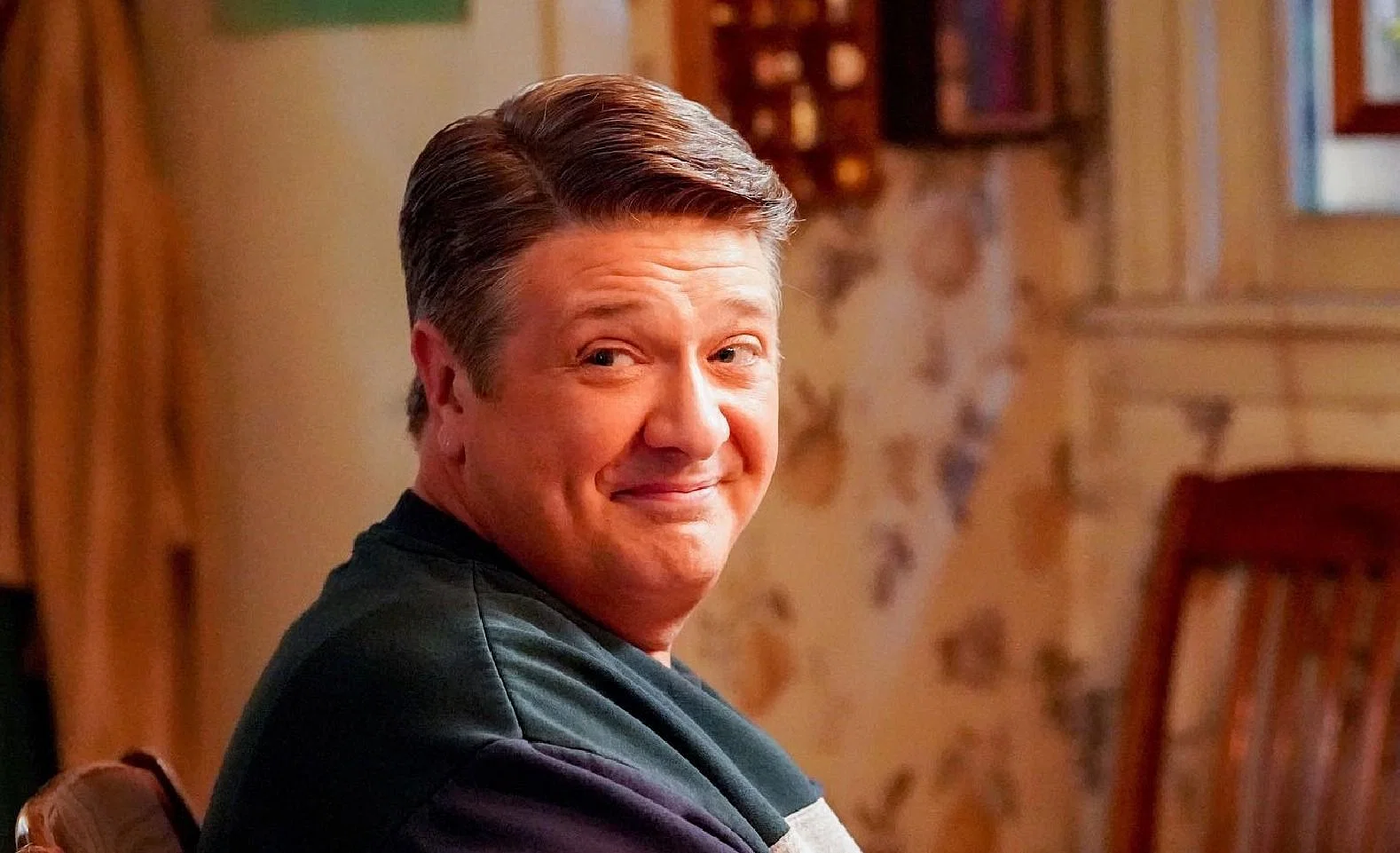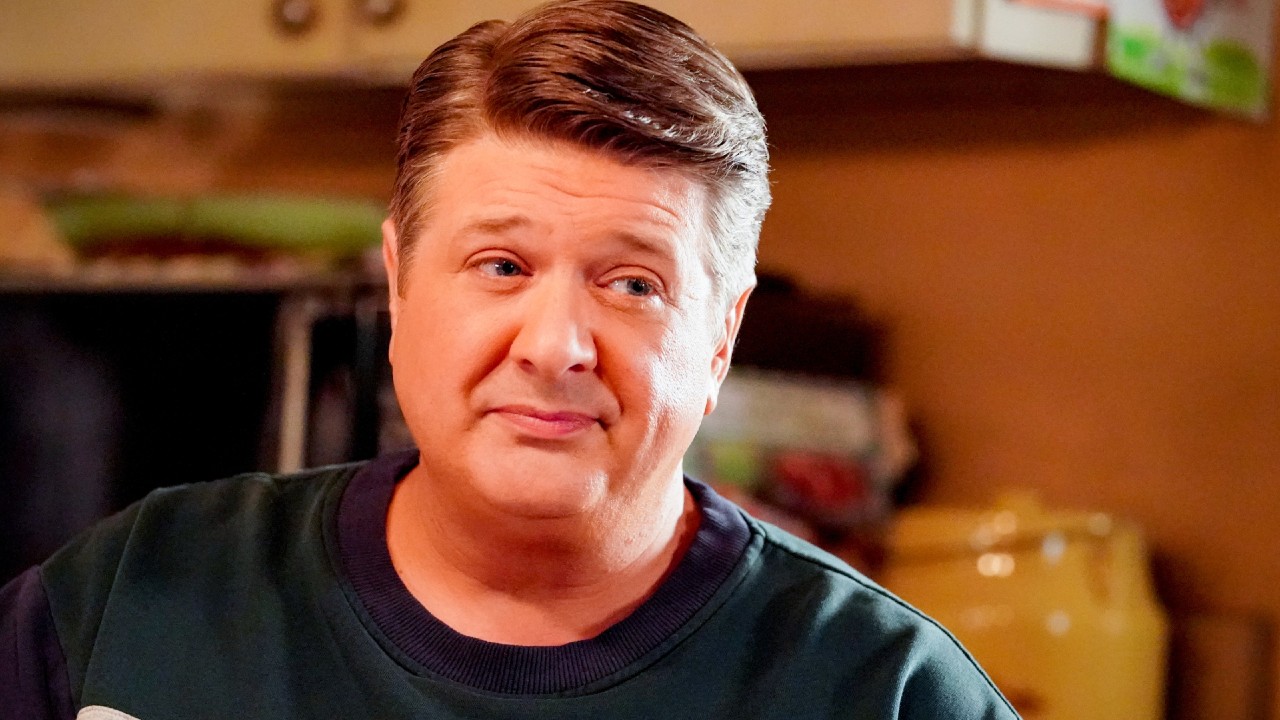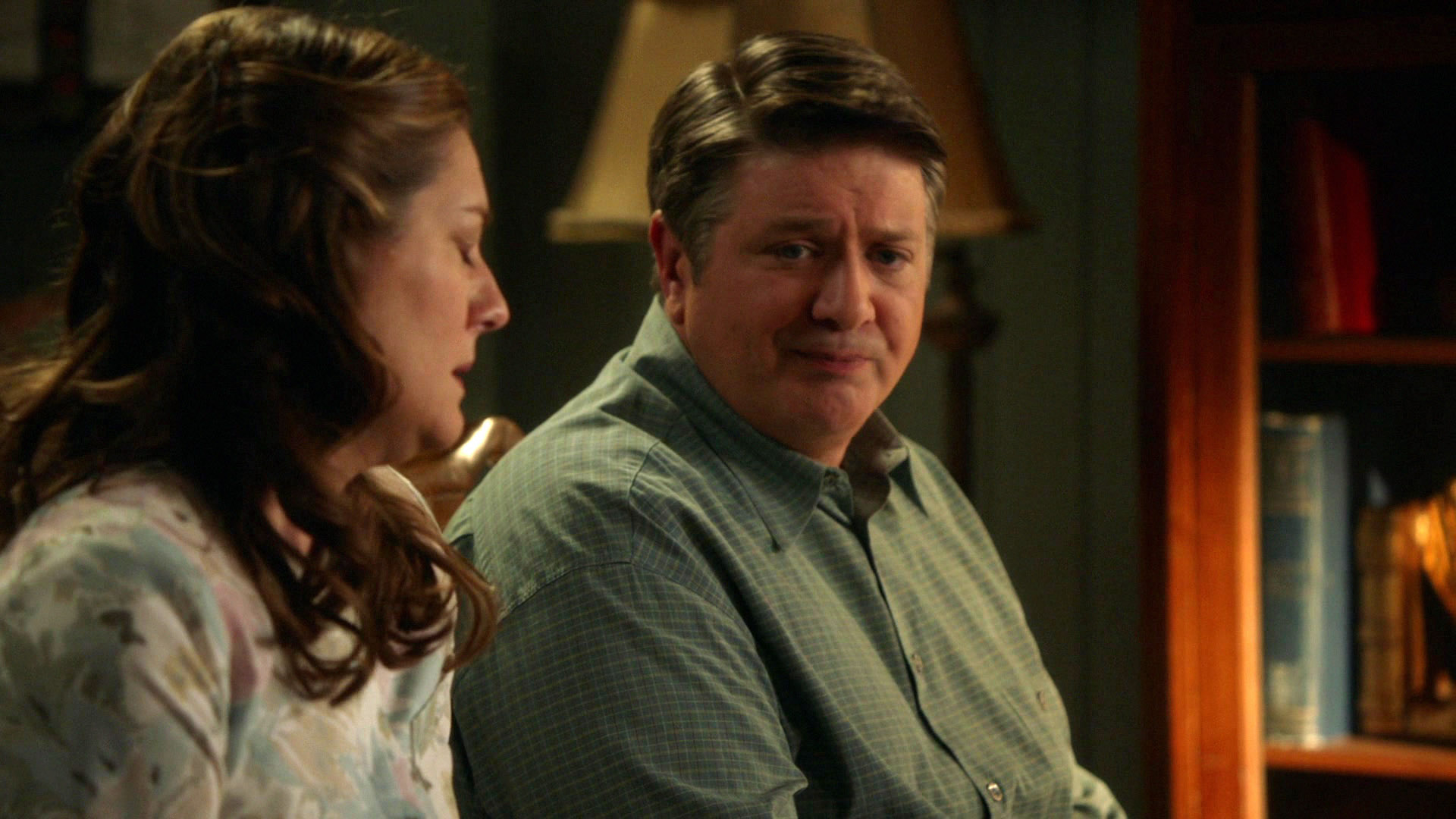In “Young Sheldon,” George Cooper emerges as a beloved yet flawed patriarch, anchoring the narrative with his unique blend of charm and complexity. As the series progresses, audiences become intimately acquainted with his quirks and struggles, forging a deep connection with this central figure. However, it is George’s evolution beyond the confines of “Young Sheldon” that truly astonishes viewers.
Transitioning into “The Big Bang Theory,” he assumes a more enigmatic role, casting shadows of mystery and intrigue over the storyline. This transformation from a relatable father figure to a figure of intrigue encapsulates a narrative arc that both confounds and captivates audiences. It’s not merely a retcon but a profound exploration of character perception and familial dynamics.

The Enigma of George Cooper in Young Sheldon
“Young Sheldon,” CBS’s acclaimed prequel to “The Big Bang Theory,” has carved its niche by offering a nuanced look at Sheldon Cooper’s formative years. Central to this narrative is George Cooper, Sheldon’s father, whose portrayal starkly contrasts with the snippets shared in “The Big Bang Theory.”
In “Young Sheldon,” George is depicted as a relatable, if flawed, father figure. He navigates the challenges of raising a prodigious child, supporting a religious spouse, and managing the everyday chaos of family life with a blend of humor, love, and patience. His character, marred by personal shortcomings yet fundamentally driven by a deep love for his family, resonates with viewers for its raw authenticity.

Conversely, “The Big Bang Theory” paints George Sr. through the lens of Sheldon and Mary’s recollections as a lazy, addicted, and indifferent father and husband—a portrayal that starkly contrasts with the multidimensional character seen in “Young Sheldon.” This divergence has sparked discussions and debates among fans, leading to a deeper investigation into the reasons behind these contrasting depictions.
Understanding the Discrepancy
The variance in George Cooper’s portrayal between the two series serves as a poignant reminder of the subjective nature of memory and perception. Steve Molaro, co-creator of “Young Sheldon,” offers insight into this narrative choice.
He suggests that the adult Sheldon, now a father himself, revisits his childhood memories with a new perspective, understanding his father’s actions and motivations in a different light. This narrative technique not only adds depth to George’s character but also emphasizes the evolving nature of familial relationships and personal perceptions over time.
This makes perfect sense if you watched last night's #YoungSheldon. 😂🍺 If you missed it, grab a drink in a vessel of your choice and catch up here: https://t.co/JnPkn5hAlR pic.twitter.com/hGSU9nrQGr
— Young Sheldon (@YoungSheldon) May 12, 2023
The character of George Cooper, therefore, becomes a narrative vehicle through which “Young Sheldon” explores themes of growth, forgiveness, and the complexities of human nature. This exploration enriches the character’s legacy within the franchise, transforming him from a simple caricature into a symbol of the nuanced realities of parenting and family life.
George Cooper’s Lasting Impact
The journey of George Cooper across “The Big Bang Theory” and “Young Sheldon” epitomizes the series’ ability to tackle complex emotional and familial themes under the guise of comedy. By presenting two vastly different versions of George, the creators invite viewers to reflect on the nature of memory, the impact of perspective, and the complexities of human relationships.

George’s portrayal in “Young Sheldon” as a dedicated, though flawed, family man, juxtaposed with his image in “The Big Bang Theory,” serves as a testament to the show’s nuanced storytelling. It challenges viewers to consider how the passage of time and the acquisition of personal experiences can transform our understanding of the people closest to us.
George Cooper’s character arc stands as a compelling study of perception, memory, and the multifaceted nature of human relationships. Through its contrasting depictions, the franchise not only entertains but also invites a deeper contemplation of the themes that resonate at the core of our own familial experiences.
As “Young Sheldon” continues to unravel the complexities of the Cooper family, it ensures that George’s legacy remains a pivotal element of the narrative, enriching the tapestry of the “Big Bang Theory” universe with each episode.










